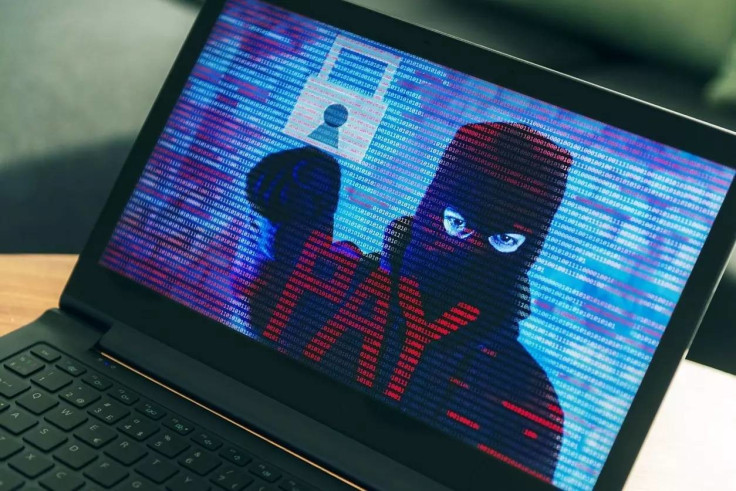New Defray ransomware demands $5,000 from US and UK victims in highly customised attacks
The ransomware is targeting the healthcare, education, manufacturing and tech sectors, using highly customised phishing emails.

A new ransomware dubbed Defray has been uncovered, going after the the healthcare, education, manufacturing and tech sectors in the US and UK. The ransomware is using highly customised phishing emails to go after specific targets. Defray, unlike other ransomware variants, is demanding a relatively higher ransom amount - $5,000 in bitcoins from its victims.
The Defray ransomware is being spread via malicious Microsoft Word document attachments embedded in phishing emails. The ransomware has been named after its C&C server. Coincidentally, the word defray also means "to provide money to pay a portion of a cost or expense."
"The ransom note follows a recent trend of fairly high ransom demands; in this case, $5000. However, the actors do provide email addresses so that victims can potentially negotiate a smaller ransom or ask questions, and even go so far as to recommend BitMessage as an alternative for receiving more timely responses. At the same time, they also recommend that organizations maintain offline backups to prevent future infections," Proofpoint researchers said in a blog.
Proofpoint researchers, who uncovered Defray's campaign, say that in two separate phishing campaigns, detected on 15 August and 22 August respectively, the cybercriminals operating the ransomware were found using official logos of hospitals and businesses, to trick users into opening malware-laced email attachments. In one of the campaigns, the hackers operating Defray ransomware designed the phishing emails to purport as coming from a UK-based aquarium with international locations.
Researchers suggest that the campaign was designed to launch against specific targets, instead of being propagated as a large-scale attack. The planning and sophistication of the attacks could likely indicate that the cybercriminals operating the Defray ransomware are part of a highly-organised cybercriminal gang.
"Defray Ransomware is somewhat unusual in its use in small, targeted attacks. Although we are beginning to see a trend of more frequent targeting in ransomware attacks, it still remains less common than large-scale "spray and pray" campaigns," Proofpoint researchers said. "It is also likely that Defray is not for sale, either as a service or as a licensed application like many ransomware strains. Instead, it appears that Defray may be for the personal use of specific threat actors, making its continued distribution in small, targeted attacks more likely."
© Copyright IBTimes 2024. All rights reserved.






